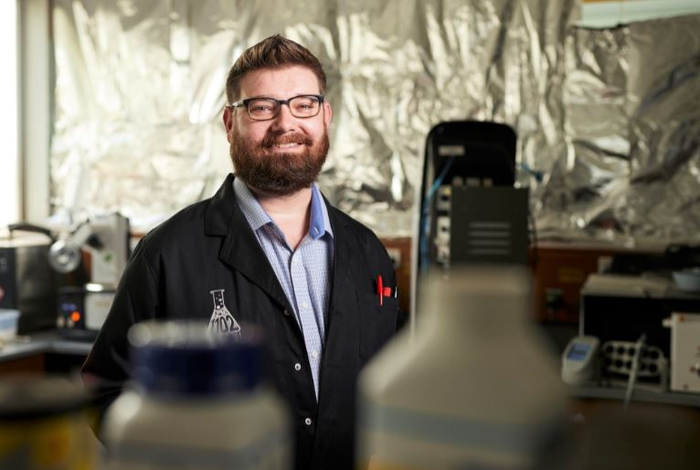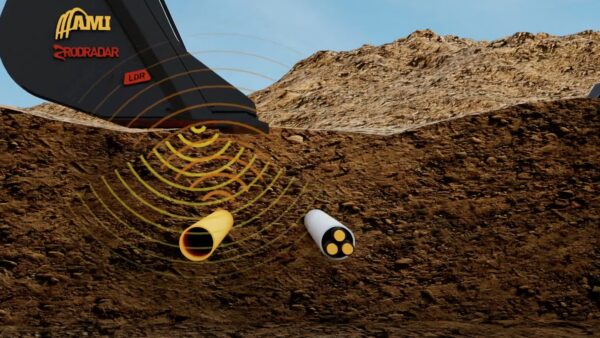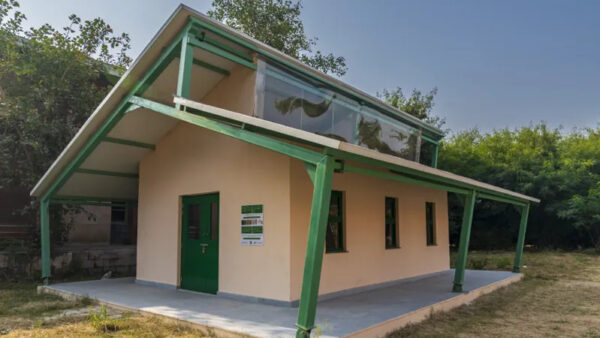
Researchers at Adelaide’s Flinders University have found a way to make bricks from waste products that bond without mortar.
Organic chemists at the university’s Chalker Lab have made lightweight, durable polymer blocks that undergo a sulfur-based adhesive reaction when brought into contact with each other in the presence of a catalyst.
“In this study, we tested a new type of brick we can make from waste cooking oil, mixed with sulfur and dicyclopentadiene (DCPD),” said chemistry professor Justin Chalker. “Both sulfur and DCPD are by-products of petroleum refining. The bricks bond together without mortar upon application of a trace amount of amine catalyst.”
He added: “All the starting materials are plentiful and can be classified as industrial waste.”
Chalker’s team are now testing their bricks to determine their properties, and are exploring ways they can be reinforced for use in construction. To this end, the polymer research team is collaborating with Singaporean remediation specialist Clean Earth Technologies for further development and possible commercialisation.
The team’s work has been the subject of a paper in the journal Macromolecular Chemistry and Physics. According to this, the bond created by the process is comparable to that achieved by superglue.
The paper also notes that, to improve the mechanical properties of the bricks, carbon nanorods and carbon fibres can be embedded in the polymer “with the latter leading to nearly a 16-fold increase in flexural strength”.
Further reading:






